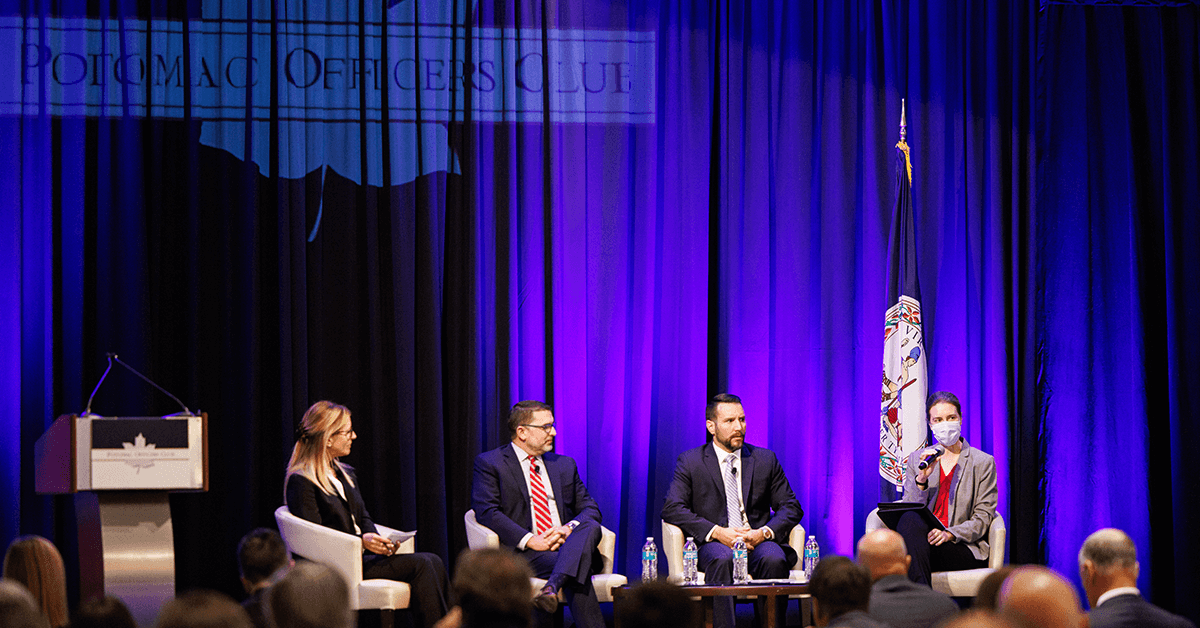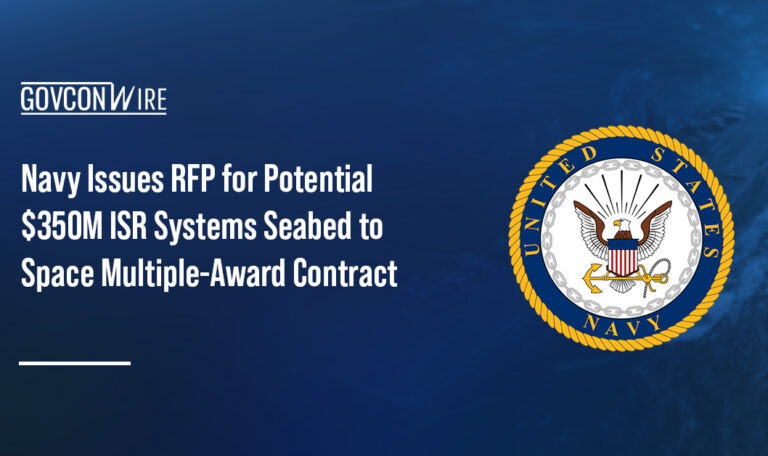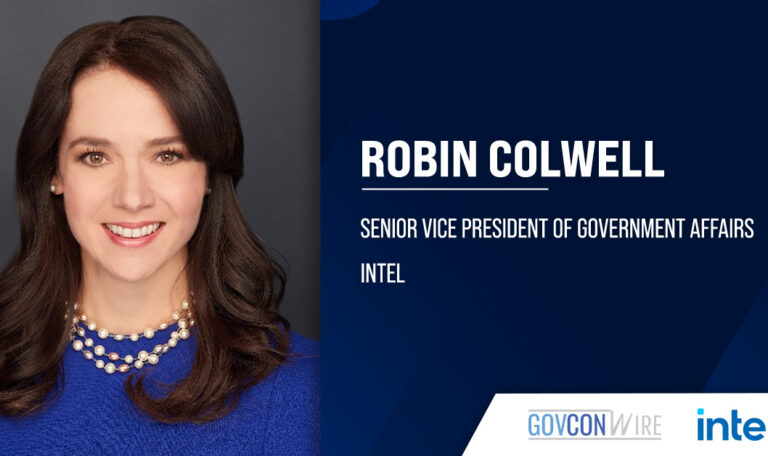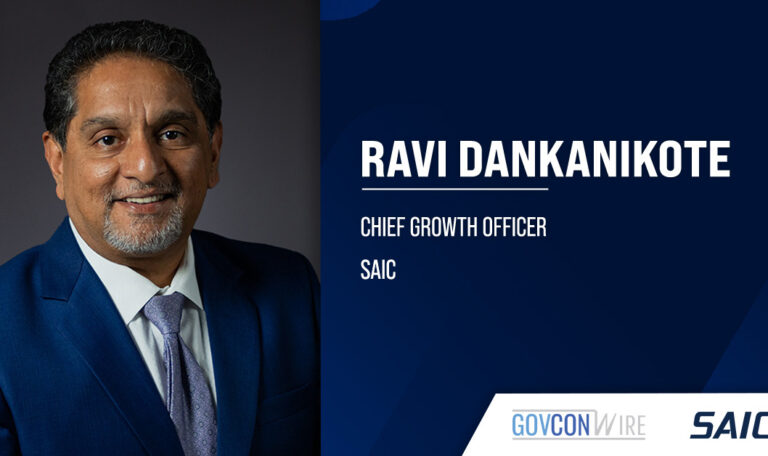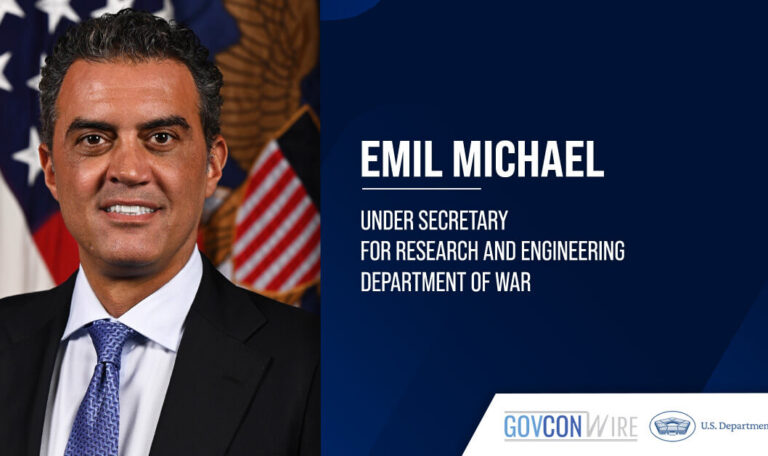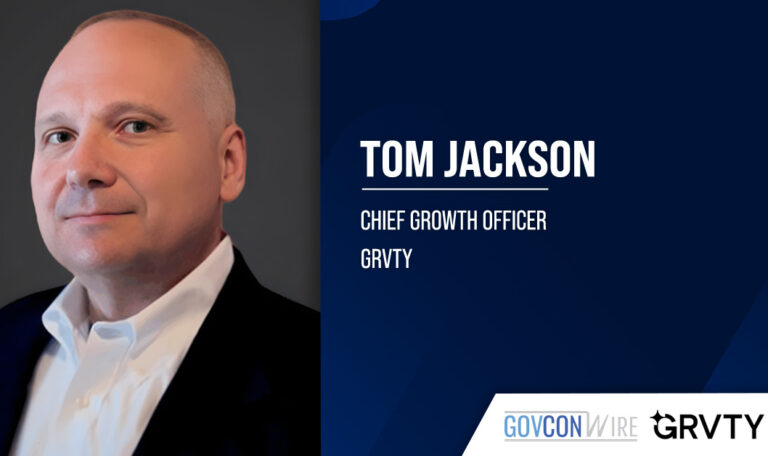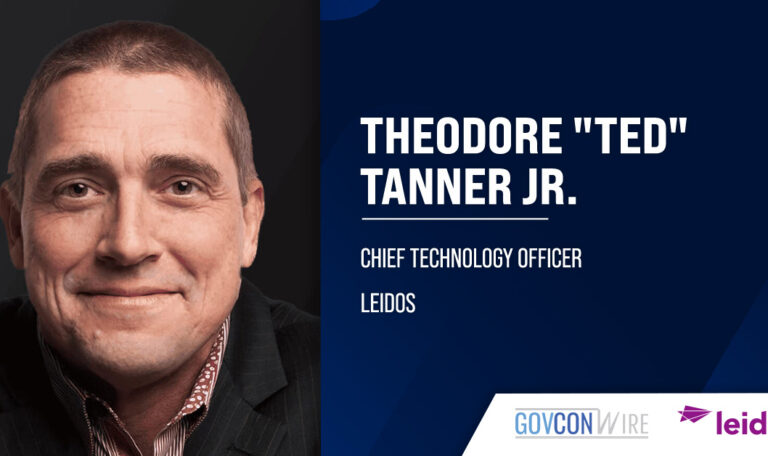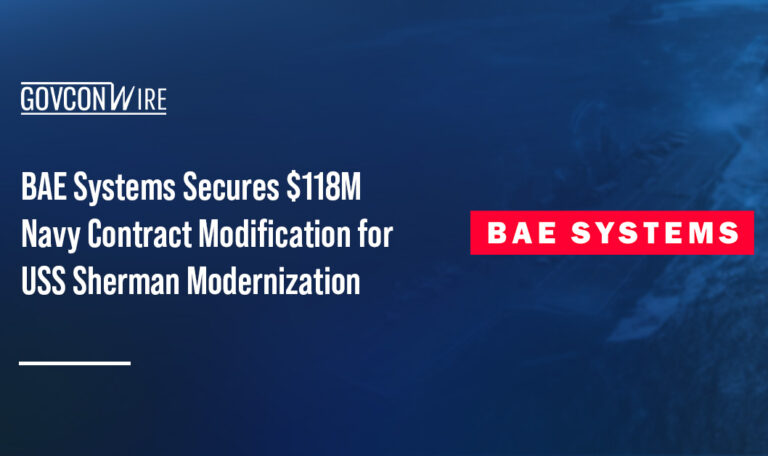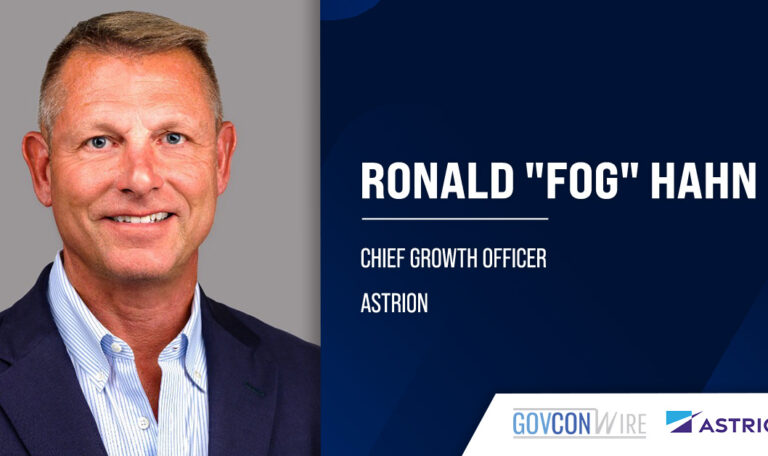Advancements in technology have made vast amounts of data more accessible than ever before. For the Intelligence Community, this offers new opportunities to leverage the power of information to advance U.S. missions.
The IC has already undergone major changes as a response to the growing data ecosystem. Doug Cossa, chief information officer of the Defense Intelligence Agency, cited the use of open source intelligence – information gathered from publicly available resources like televisions, news publications, company databases and other unrestricted spaces – as one way the community has transformed.
During the Potomac Officers Club’s 9th Annual Intel Summit last week, he shared that open source was previously viewed in a negative light within the context of collection. Now, he said, open source is often used as the “first resort” to inform IC decision making.
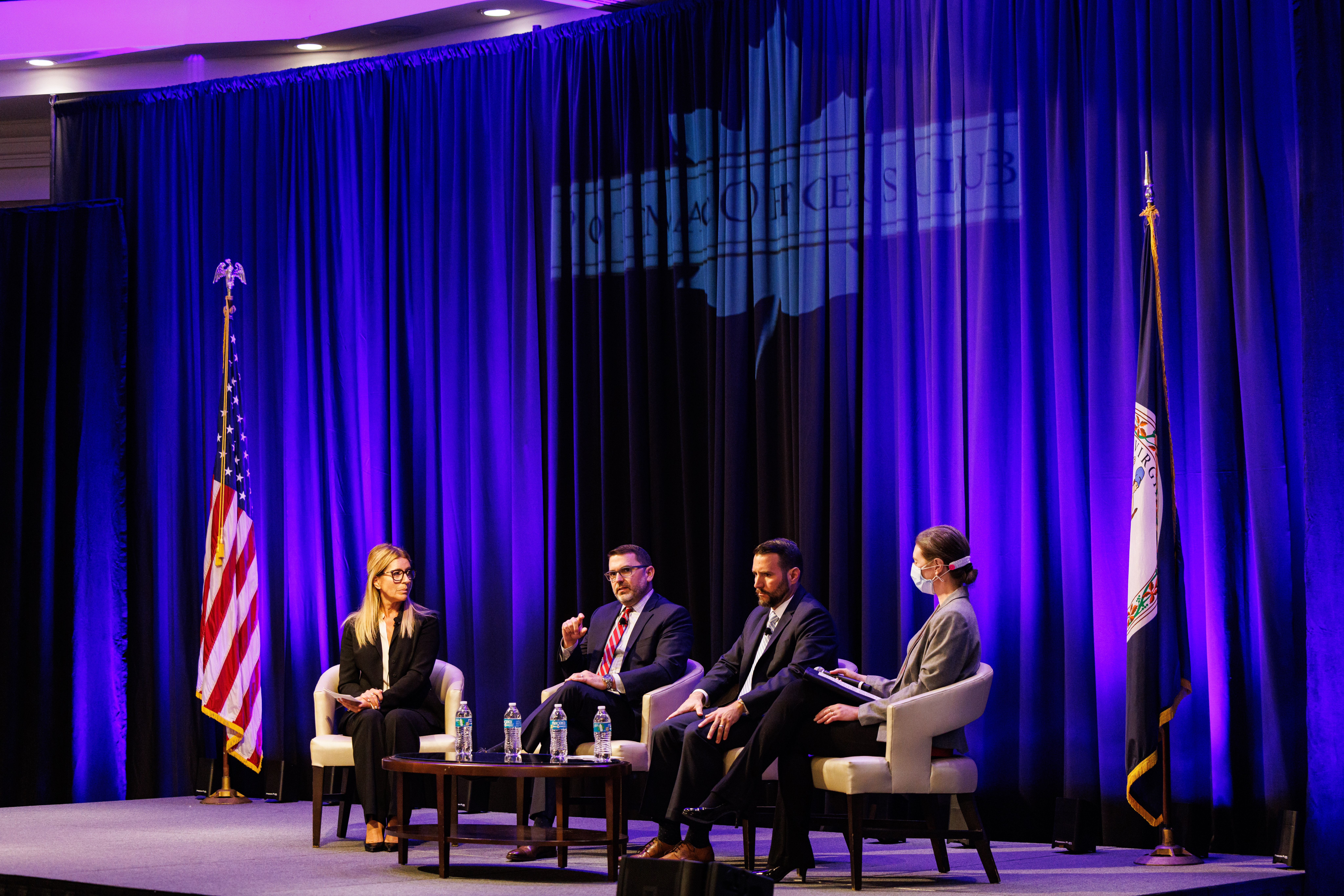
To deal with today’s data deluge, the IC is continuing its evolutionary mindset. With data growing rapidly in scale and influence and technology advancing quickly, data collection is now “foundationally built on a set of cloud services and high-performance compute environments,” said Ryan Klotz, deputy CIO for information technology enterprise at the Central Intelligence Agency.
“A significant amount of storage has to be readily available and prepositioned, so that when the data comes in, we have the capacity from an infrastructure perspective to host the data and then fundamentally build the analytics on top,” he explained.
To ensure the security of stored data, the IC is looking to zero trust, a strategy built on continuous user validation to protect information at different classification levels. But according to Cossa, this approach is not always supported by legacy systems, posing a major challenge to the community.
Adele Merritt, CIO of the Office of the Director of National Intelligence, emphasized that achieving zero trust is a journey that includes elements of a set strategy, but also requires flexibility.
“It’s not a technology that I can bring out of a box, install and suddenly have complete zero trust end-to-end. It’s also not a policy that I can write out a memo and sign it and say we’re done,” she said.
According to Merritt, the IC has moved to embrace data itself as one of several zero trust pillars. Data, she said, “is at the core” of IC operations.
Zero trust is also an enabler of interoperability. Merritt said that a key consideration of the zero trust endeavor is making it easier to share data between the IC, the Department of Defense and other allies.

The Department of Homeland Security is also embracing new technologies and strategies in the pursuit of modernization. During the Potomac Officers Club’s 2023 Homeland Security Summit, top DHS officials and industry experts will dive into the department’s efforts to transform and adapt to evolving threats. To learn more and register to attend, click here.


